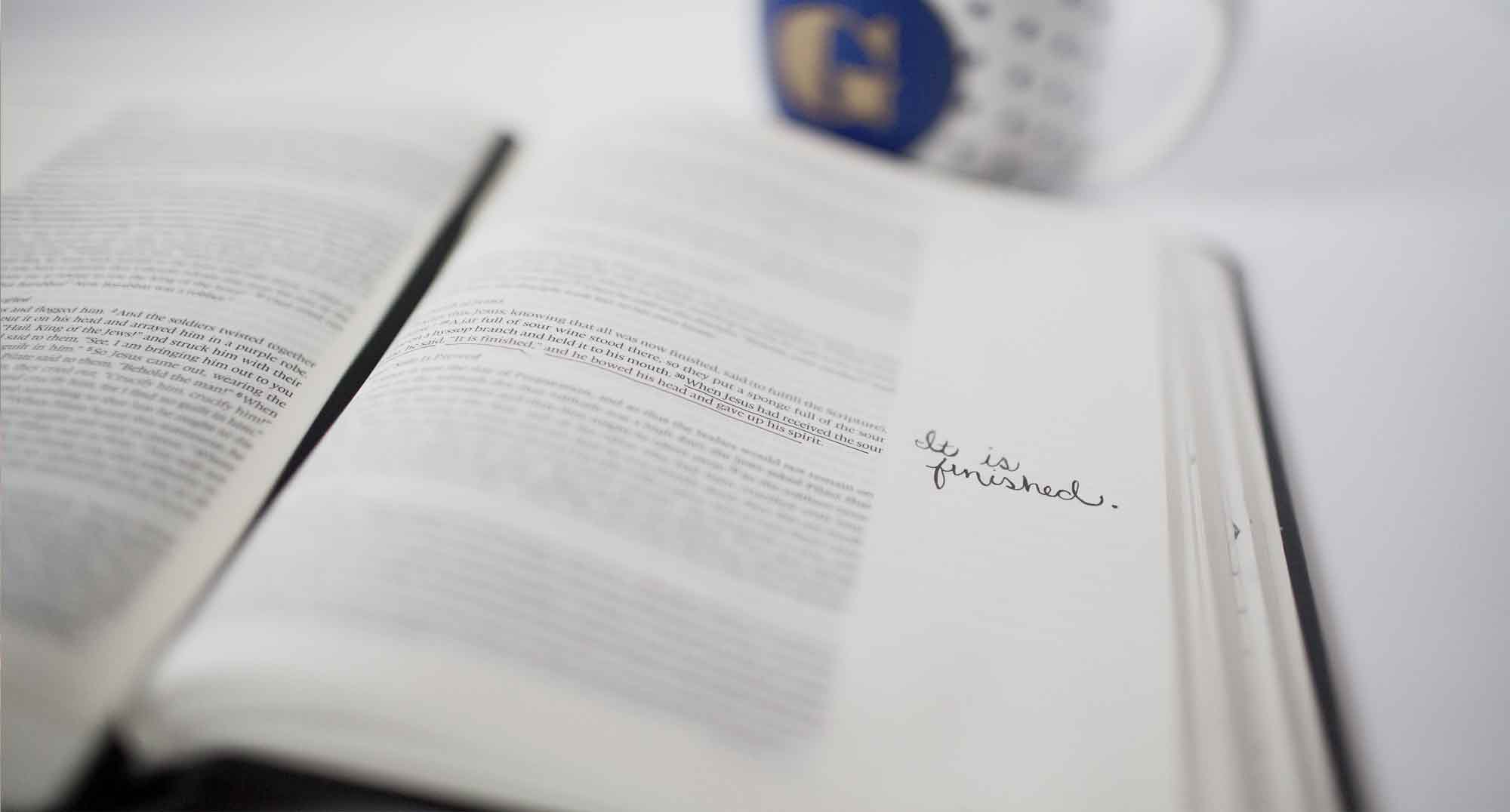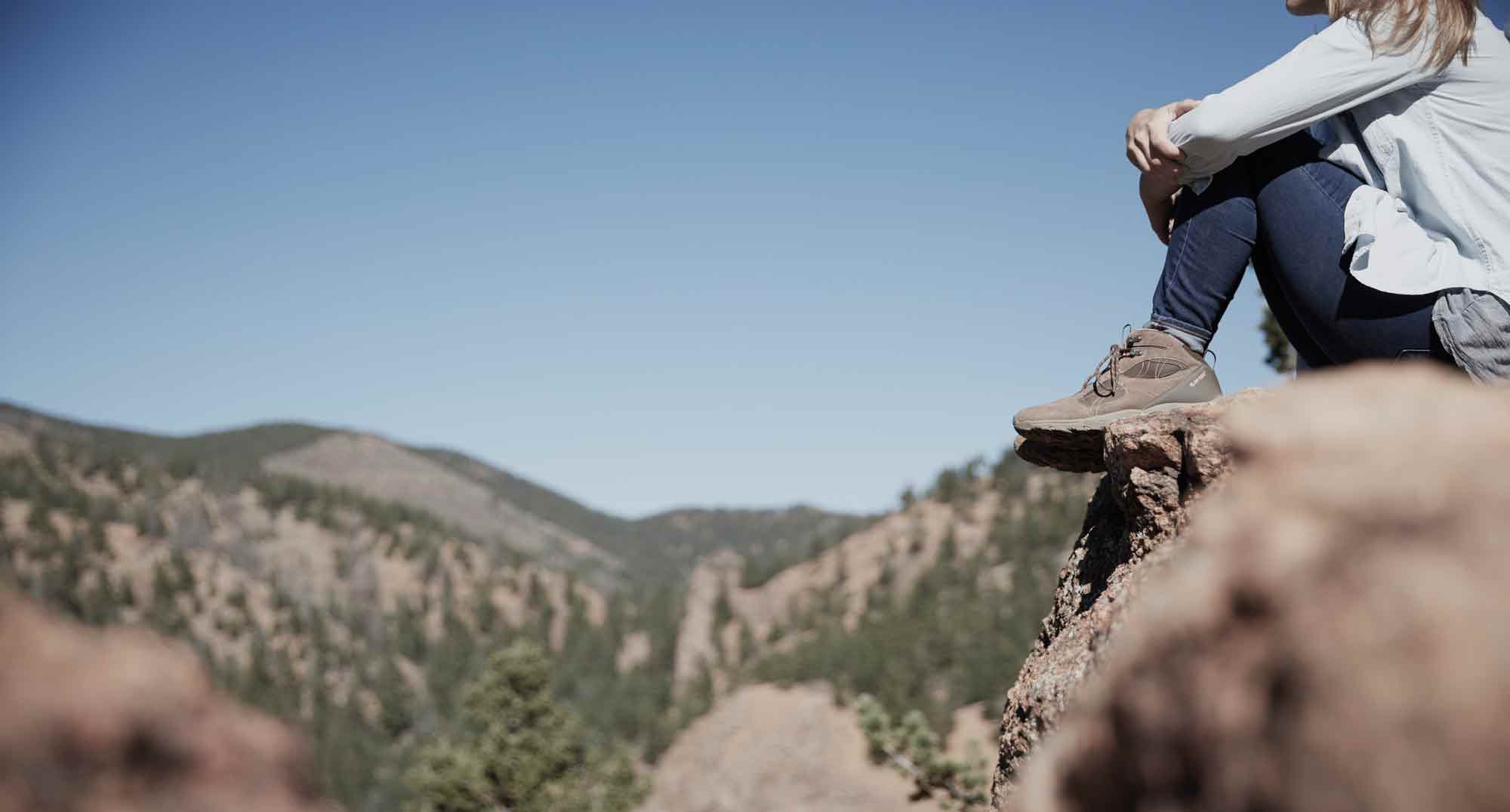Meet Me In the Margins
KAREN HODGE|CONTRIBUTOR Back in pre-pandemic days, I traveled all the time. Reentry back home after a trip can be a bit daunting. Who did I miss while I was away? What will be waiting for me in the sink? Is it realistic to try to make up for lost time on my task list? All these unknowns feel overwhelming. As you stand on the edge of in-person life and ministry reentry, how is your heart doing? This summer, it has been a joy to study the lives of several messy women along with women all over the PCA. They have shown us what it looks like to move from the unknown to the known. To be outside the community and be enfolded into community. Let's spend a few more minutes with one of those women, Ruth, and see what she can teach us about God's hesed love. Hesed is God's steadfast, merciful, gracious, kind, good, and loving character toward us. Hesed Love Creates Community Ruth, the gleaner, is hungry and in need. She embodies scarcity, while Boaz embodies abundance. Boaz, reflecting the sacrificial love of God, our great Husbandman, provides an access point. Ruth, the Moabite outsider, enters the fields with courage. Boaz has instructed his men to be intentionally generous and leave some sheaves for her on the margins or edges of the field. Boaz is not only a provider but also a protector as he orders his men not to rebuke her. Ruth enters this grace exchange looking expectantly for provision. She picks up the barley stalk by stalk. In her neediness, she doesn't hoard the harvest for herself; instead, she returns to the city and shares what she has with Naomi. Would it be enough? Ruth 2 tells us this generous provision satisfies these women. COVID Classroom I can hear your spiritual tummy rumbling. You may not have thought this when you looked in the mirror this morning, but you are also a gleaner who is hungry to access the nourishment God’s Word and community provide. Perhaps you have taken inventory of your life as we reenter life and ministry and find this season a bit lacking. We have been disembodied in a year filled with locked buildings and online ministry. Cancel culture, isolation, and missed opportunities look like a few measly morsels of grain. COVID has universally impacted everyone, and yet our experiences are not universally similar. God enrolled the world in a master's level class on His sovereignty. We learned things about Him and ourselves. It was the class you forgot was on your schedule. You have something to share that will satisfy. Reentry is a stewardship moment to reflect and invest what He has entrusted to us during this classroom of waiting on Him. Center of Community We crave community. Isolated Christianity is incomplete. On our "hangry" days, we may desire a community that is fashioned with us at the center. When individualism fuels our concept of community, we will always be left disappointed. True relational nourishment is found in interdependence. It is the place where as we enter, we ask who can I love instead of who loves me. Christ must be the center of covenant community. And after a year of being enrolled in our pandemic classroom, we are keenly aware it takes the whole community of God to understand the whole hesed love of God. Space for Grace Biblical community requires us to meet in the margins. Boaz’s grain offering reveals the access point where gracious provision can be found. One definition of margin is to make space. It is pleasing, such as the lovely white edges of a book. A generous community requires margin and space. Space for family reunions. Space to listen. Space for thanksgivings. Space for lament over loss. Space for new people and opportunities to serve. Space to hear what you learned in your COVID classroom. Space to steward what we have learned. Covenant Community is not found but created. Reentry will require faith to create spaces of grace. Dying to Love Reentry to biblical community will also require death. Ruth had to die to her pride and self-sufficiency. She risked shame and being ostracized. She died to temporal security by sharing with Naomi. Boaz, her kinsman, died to his comfort and convenience...




